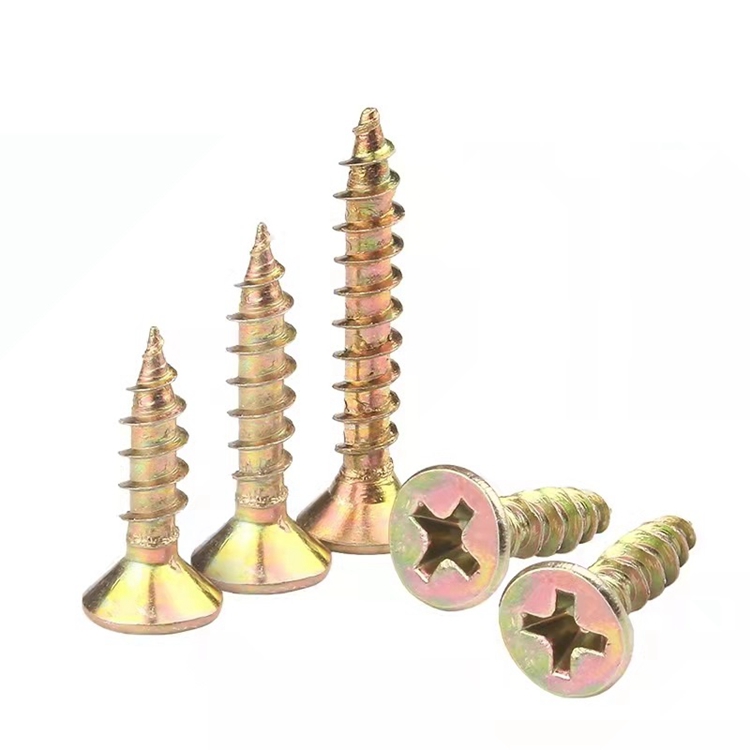brake rotor bolts
Nov . 08, 2024 17:59 Back to list
brake rotor bolts
Understanding Brake Rotor Bolts Importance and Maintenance
Brake rotor bolts play a crucial role in ensuring the safety and efficiency of a vehicle's braking system. These seemingly small components are responsible for securing the brake rotor to the wheel hub, allowing the braking system to function effectively. In this article, we will explore the significance of brake rotor bolts, their maintenance, and common issues associated with them.
The Role of Brake Rotor Bolts
Brake rotor bolts are essential for the stability of the brake rotor, which is a key component of the disc braking system. When the brake pedal is pressed, hydraulic pressure forces the brake pads against the rotor, creating friction that slows down the vehicle. The rotor must be securely attached to prevent any movement during this process; otherwise, it can lead to uneven wear, reduced braking efficiency, and potential failure of the braking system.
These bolts are designed to withstand high levels of stress and heat generated during braking. They are typically made from high-strength materials that offer resistance to corrosion and wear. The proper installation and torque specifications are vital to ensure that the rotor remains firmly in place during operation.
Significance of Proper Maintenance
Maintaining brake rotor bolts is essential not only for the longevity of the vehicle’s braking system but also for overall safety. Here are some key maintenance tips to ensure that your brake rotor bolts remain in optimal condition
1. Regular Inspection Periodically check the condition of the brake rotor bolts during routine vehicle maintenance. Look for signs of rust, damage, or loosening. If any bolts appear worn or compromised, they should be replaced immediately.
2. Proper Torque Specifications When installing brake rotors, ensure that the bolts are tightened to the manufacturer’s recommended torque specifications. Over-tightening can lead to bolt stripping or breaking, while under-tightening can result in rotor movement.
3. Use of Loctite or Thread Locker Applying a thread locker compound can help prevent bolts from loosening due to vibration. This is particularly important for vehicles used in demanding conditions, such as off-roading or heavy towing.
brake rotor bolts

4. Avoiding Overheating Excessive heat can weaken brake rotor bolts. To prevent this, ensure that the braking system is not subjected to prolonged heavy braking, which can lead to overheating.
5. Rotational Checks When rotating tires or performing brake maintenance, it's good practice to check the rotor bolts. This helps to maintain consistent performance and catch any potential issues early.
Common Issues with Brake Rotor Bolts
While brake rotor bolts are designed to last, several common issues can arise over time
- Corrosion Exposure to moisture and road salt can lead to corrosion of the bolts, making them difficult to remove. Corroded bolts may also lead to uneven pressure on the rotor, affecting braking performance.
- Loosening Over Time Due to the constant expansion and contraction caused by heat, rotor bolts can loosen over time. This can lead to severe consequences such as rotor warping or, in extreme cases, detachment.
- Stripping If bolts are over-tightened or made from inferior materials, they can strip the threads in the rotor or hub, leading to costly repairs.
- Breaking In rare cases, especially if the bolts are undersized or damaged, they can break under stress. This is a serious issue that can lead to complete brake failure.
Conclusion
Brake rotor bolts may be small components, but their importance in vehicle safety and performance cannot be overstated. Regular maintenance and prompt attention to any signs of wear or damage can ensure that these bolts function as intended, contributing to a reliable braking system. By understanding their role and properly maintaining them, drivers can enhance their vehicle’s safety and performance on the road. Remember, when it comes to brakes, every component matters.
Latest news
-
High-Quality Panel Stud Bolt Reliable Panel Stud Bolt Factory & Suppliers
NewsJul.08,2025
-
High-Precision Fine Thread Locknuts Manufacturer & Supplier Custom Solutions
NewsJul.08,2025
-
PH Imperial Stud Bolt – High Strength Fasteners from Leading Supplier & Factory
NewsJul.07,2025
-
High-Quality Allen Wrench Bolts Leading Factory, Company & Suppliers
NewsJul.07,2025
-
Wholesale Ball Stud Bolt - High Quality Supplier & Factory Price Reliable Wholesale Ball Stud Bolt Company
NewsJul.06,2025
-
High-Strength Alloy Bolts Manufacturer & Supplier Quality Alloy Fasteners Factory
NewsJul.06,2025
